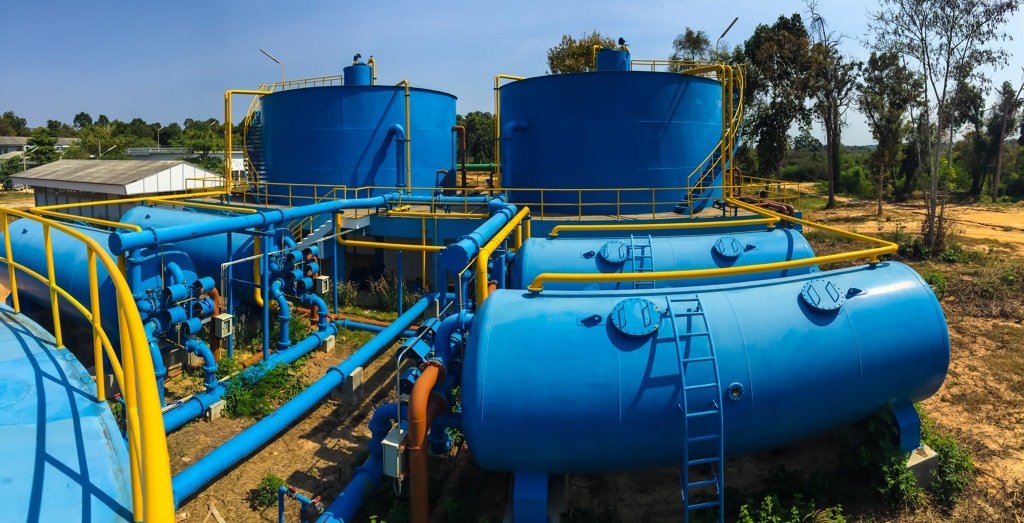Improving drinking water coverage is a major undertaking in Rwanda. The first challenge facing Paul Kagame’s government is to ensure that all Rwandans have access to clean water by 2024, compared with 82% today. But will the water security being sought keep pace with population growth?
According to Rwanda’s water and sanitation company, Wasac, this phenomenon could upset the balance after 2024, and Rwanda would quickly fall back into water shortages. In a recent study, the state-owned company indicates that the East African country will need at least 400 million dollars a year to cover the drinking water demand of Rwandans by 2050. “Rwanda’s 13 million inhabitants will exceed 23 million by 2052, and to meet their water needs, the government must plan and implement projects every year,” explains Omar Munyaneza, Wasac’s Managing Director.
Mobilising more funds from development partners
The last investment allocated by the Rwandan government to the water sector dates back to May 2019, when the Rwandan Ministry of Infrastructure committed $440 million over three years. These funds were used in particular to build water treatment plants and supply systems in urban and rural areas of Rwanda.
“The government’s budget cannot finance all the projects we have, which is why we need to seek other sources of funding from our partners”, WASAC suggested in its report on access to drinking water in Rwanda. These include funding such as the $249.5 million loan approved by the African Development Bank (AfDB) on 1 December 2023. It is earmarked for the implementation of the Sustainable Water Supply and Sanitation for Transformation Programme, which will help to secure drinking water supplies for 1.5 million Rwandans.
Read also –
For Wasac, this funding will also help solve the problems of leaks and damaged pipes. Currently, 40% of the country’s water production is lost through leaks. “Our master plan for water and sanitation already shows the necessary projects to be implemented each year until 2050”, said Omar Munyaneza, adding that the projects to be carried out between 2035 and 2040 have already been defined.
Inès Magoum
